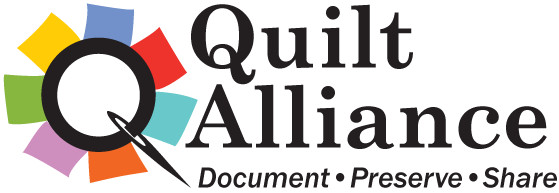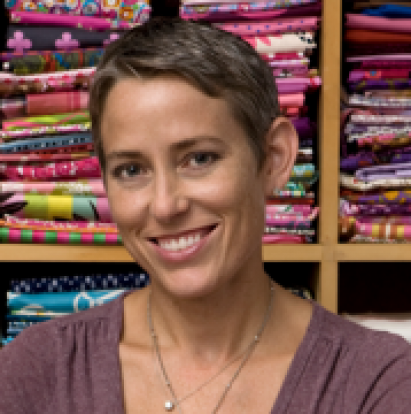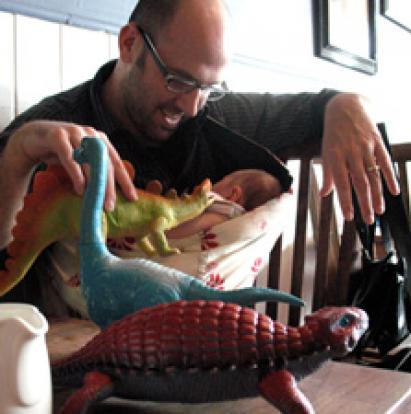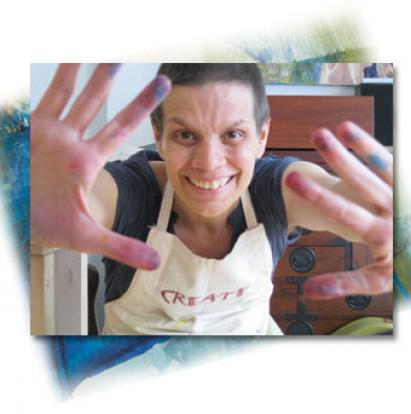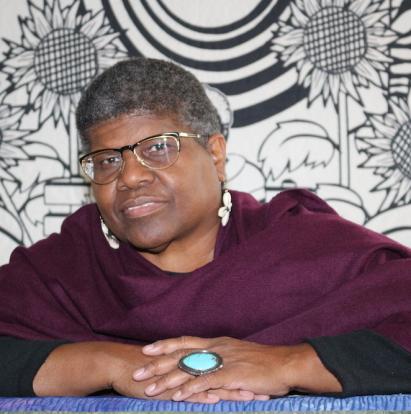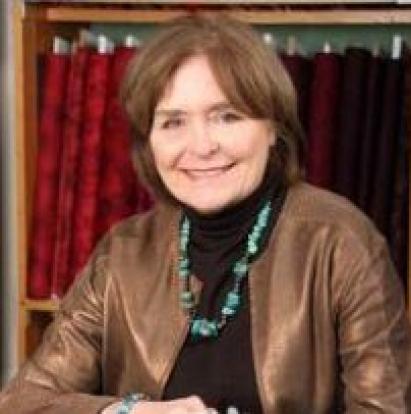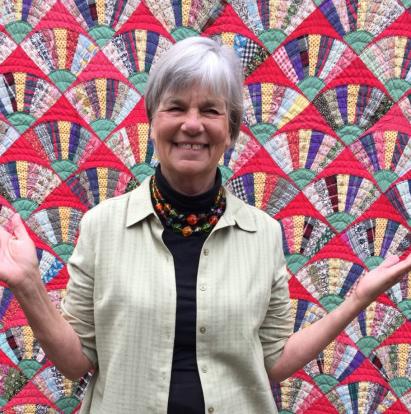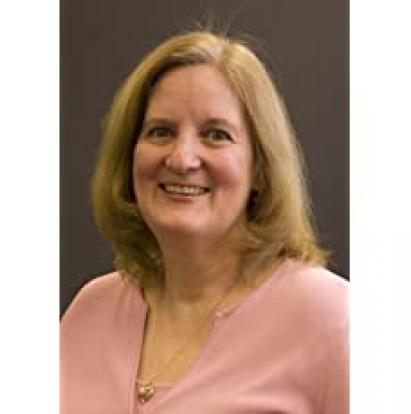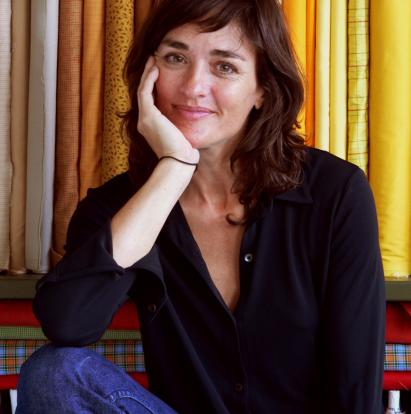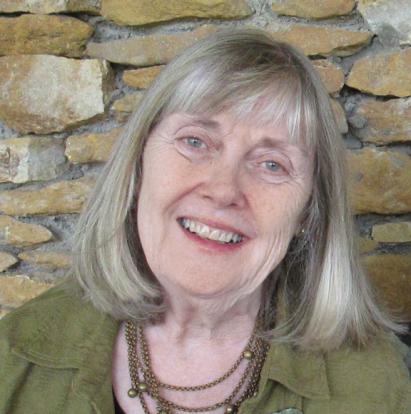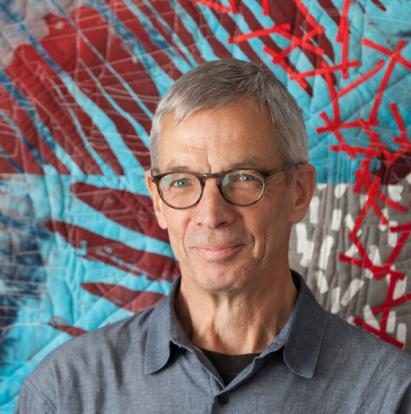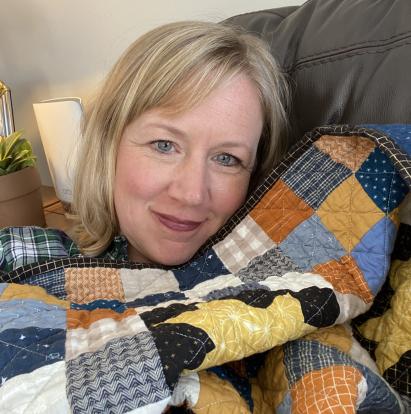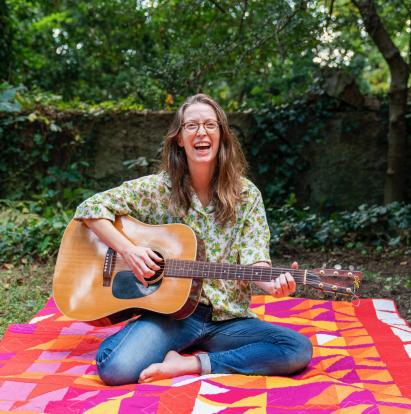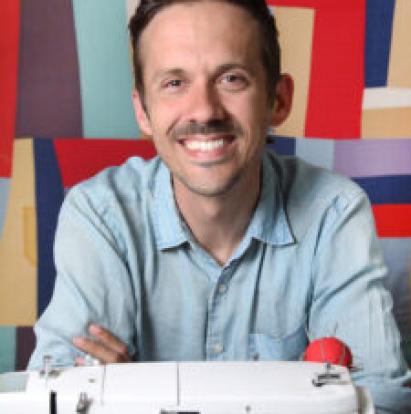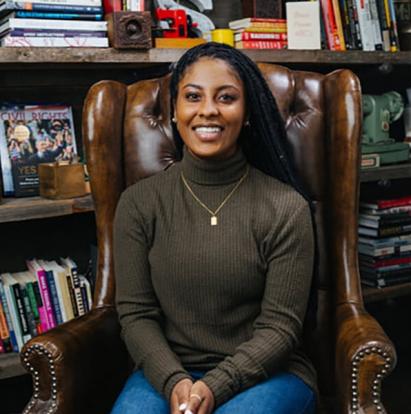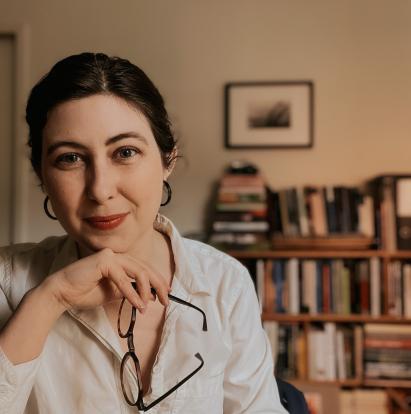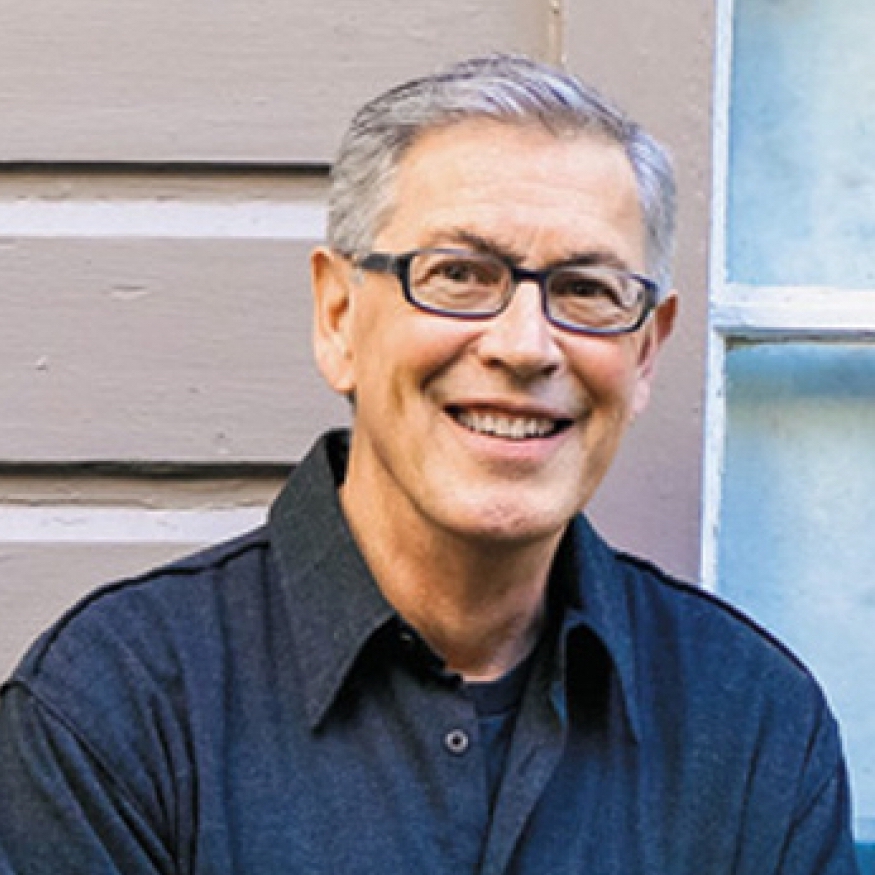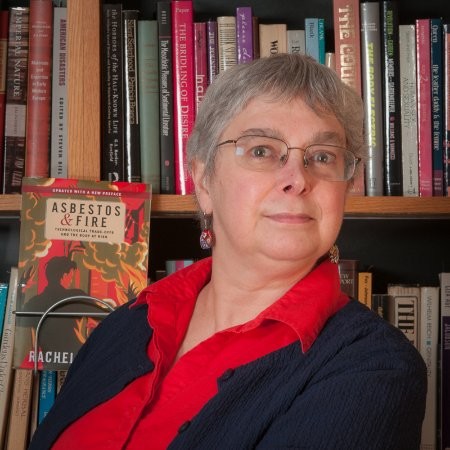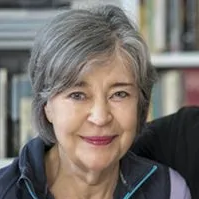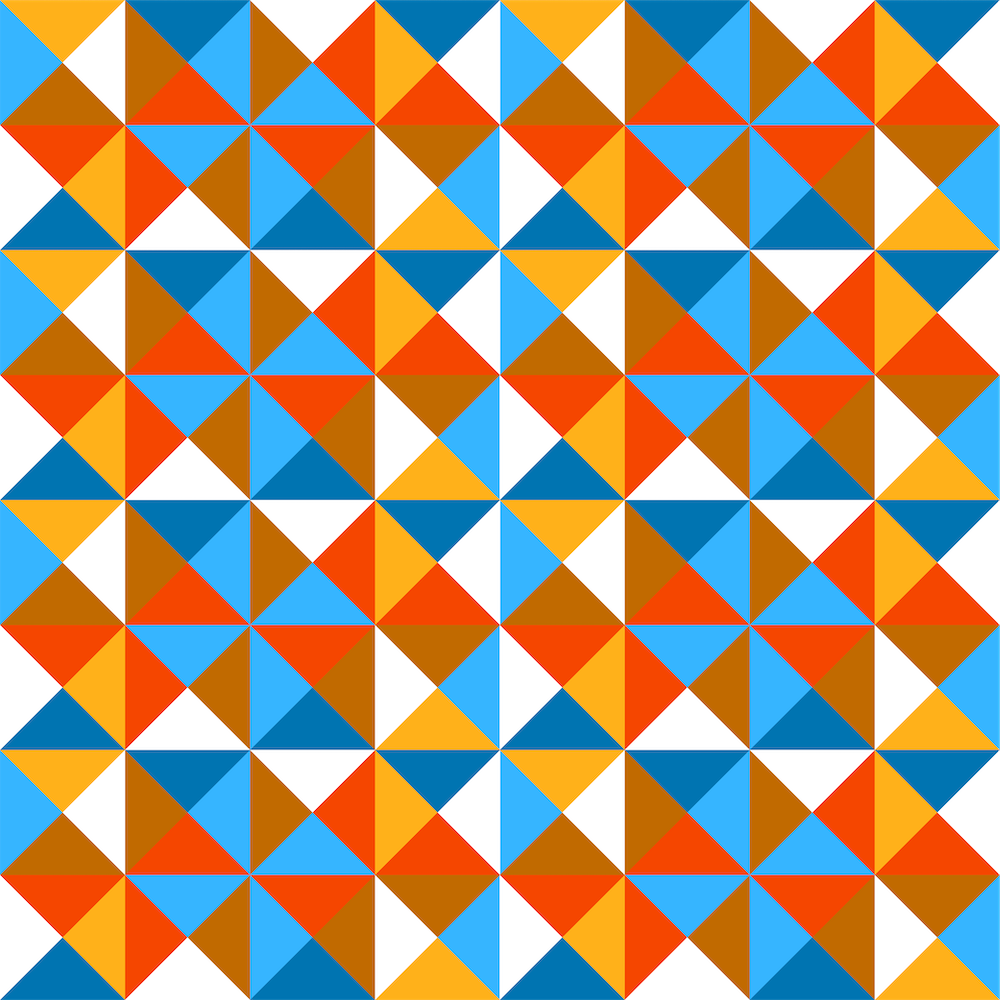Running Stitch Podcast
 Running Stitch, A QSOS Podcast, is hosted by Janneken Smucker, Professor of History at West Chester University. Join us as we explore quilt stories, revealing the inner thoughts, feelings, and motivations of contemporary quiltmakers by drawing from Quilters S.O.S. — Save Our Stories, the long running oral history project created by the nonprofit Quilt Alliance in 1999.
Running Stitch, A QSOS Podcast, is hosted by Janneken Smucker, Professor of History at West Chester University. Join us as we explore quilt stories, revealing the inner thoughts, feelings, and motivations of contemporary quiltmakers by drawing from Quilters S.O.S. — Save Our Stories, the long running oral history project created by the nonprofit Quilt Alliance in 1999.
Quilts and quiltmaking serve as a lens to examine some of today’s most pressing issues, including activism, public health, politics, race, and the economy. We’ll dig into the QSOS archive to listen to excerpts from past interviews, and bring back interviewees to ask them about what they are working on and thinking about presently. Listen below, or wherever you get your podcasts!
Season 4 episodes airing now!
Subscribe at: Apple Podcasts – Spotify – Google Podcasts – Stitcher
